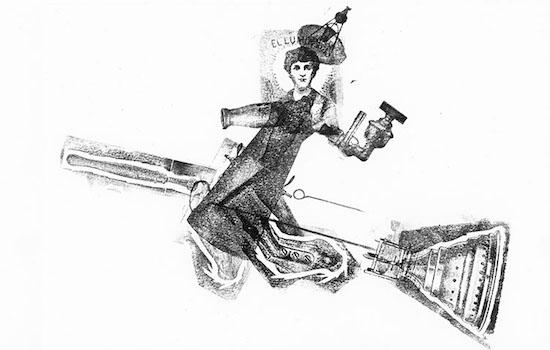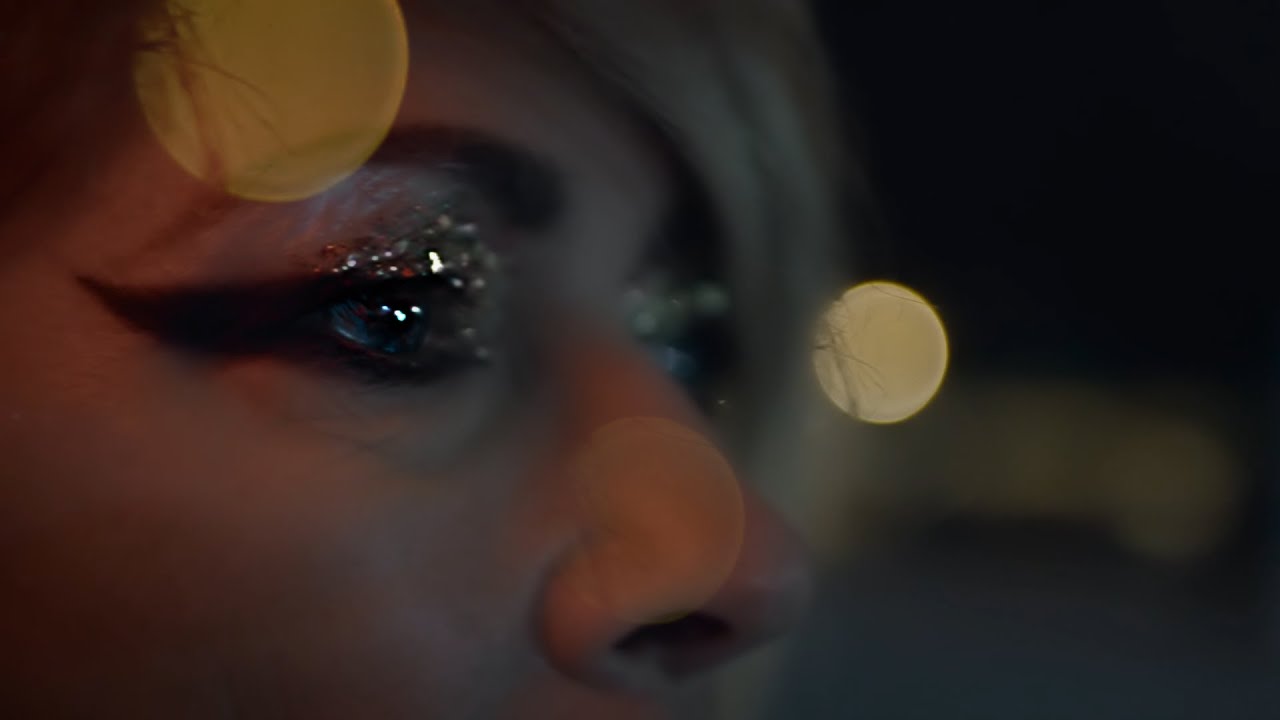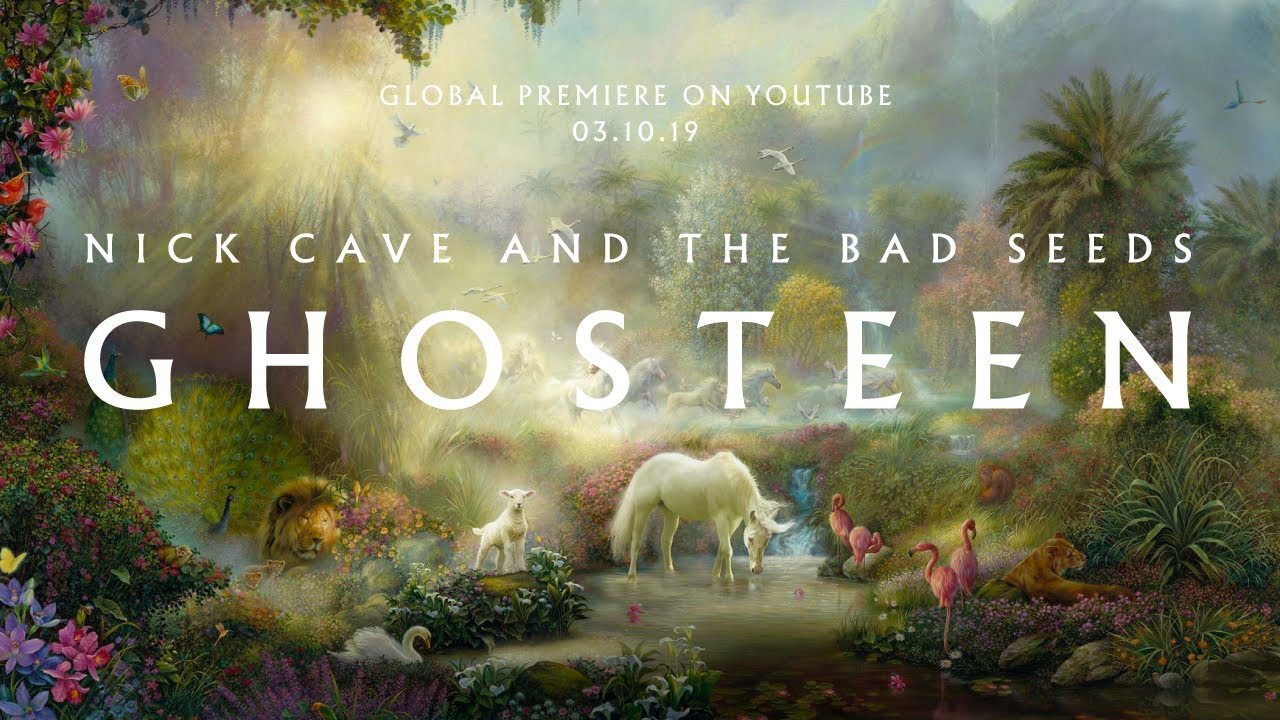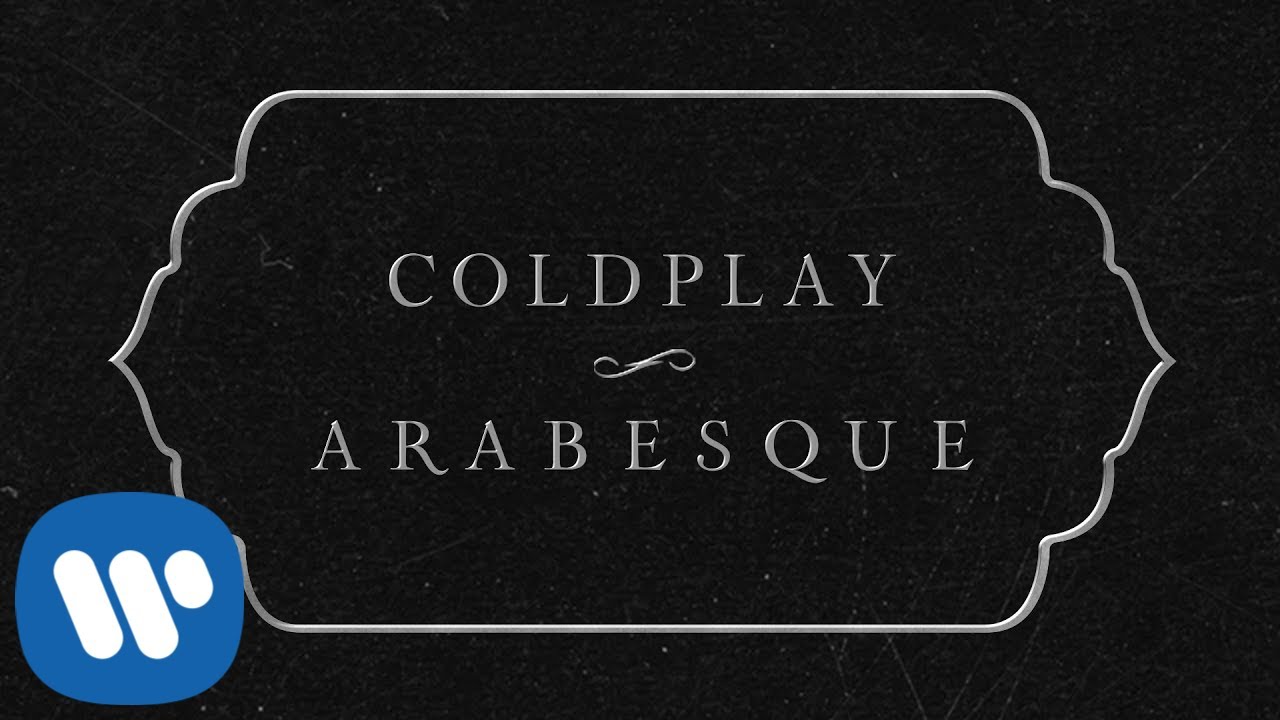’Bitch On A Switch (October)’ by Lisa Cradduck
As we hurtle further towards the end of the year, the release schedules show no signs of slowing down, with a number of tQ favourites releasing brand new albums over the last four weeks.
A number of those feature below amongst our picks of October’s best albums and EPs, including the return of Richard Dawson. His latest album, 2020, sees him shift into somewhat more ‘accessible’ territory than before, maintaining still his readiness to instil crushing realism into his work. You can find his excellent, diverse Baker’s Dozen selections, published on the site a few weeks ago, here. Another mighty return was that of Nick Cave & The Bad Seeds, whose double-LP, Ghosteen, was described by our reviewer, Patrick Clarke, as a "wondrous album" that deals more with coping with trauma than it does getting closure. You can find a link to that review below.
Further October highlights came in the form of Kim Gordon’s first solo record, the most personal record yet from one of the UK’s most-respected dance music producers, Joy Orbison, and the return of another much-loved figure of the sound that came to be known as ‘post-dubstep’ around a decade ago, Floating Points. They all feature below alongside a handful of October’s best tracks, all of which has been selected this month by Robert Barry, John Doran, Ella Kemp, Luke Turner and myself, Christian Eede.
Albums / EPs Of The Month
Richard Dawson – 2020
(Domino)
Richard Dawson has started to write pop songs. Singable, hooky pop songs, with choruses. Having been a big fan of the relentless, abrasive darkness of earlier records, the bright celebration of the arrangements here were a little surprising. Finding myself hallway through ‘Two Halves’, I found myself realising that it wasn’t a million miles from Belle and Sebastian. Harsher, weightier sure, but that same playful melodic work that you might find on The Boy with the Arab Strap. Be assured though, Dawson will swiftly knock all that down with a sudden jolting kick of chromatic carnage. And I am glad of it. Johny Lamb – read the full review here
Meemo Comma – Sleepmoss
(Planet Mu)
Sleepmoss is an album that takes a position in an ongoing uncurrent of British music that critique and warp long held social and political traditions about the British landscape, to open up a world that is at times weird and oneiric, occasionally caustic and grotesque, but is never still. Sleepmoss is an expressive, alluring, occasionally disconcerting album that paints the natural world of forests, hills and wooded areas as one of a hidden and heterotopic terra fluxus outside of the norm, where rogue intelligences and imaginative capabilities are reconfigured according to the seasons. Bob Cluness
Kim Gordon – No Home Record
(Matador)
On No Home Record, Gordon sketches the great supermodern landscape of LA, in stark strokes of infectious, visceral weirdness. Like David Lynch, she exposes the ominous, hilarious, faux-profound undercurrents of American life, capturing “the madness of the times and the strangeness and the sadness” (to quote her colleague, guitarist Steve Gunn). Gordon’s bet is that the people are ready for weirdness, that the world can embrace its complexities. And the only way is forward. Danijela Bočev – read the full review here
Nick Cave & The Bad Seeds – Ghosteen
(Ghosteen Ltd.)
The wonder of Ghosteen is often created via this technique of blurring lines. It happens on grand scales like where religion melds with astrophysics – “Jesus lying in his mother’s arms / Is a photon released from a dying star” – and on small ones too – the ‘King of Rock and Roll’ with his ‘black jelly’ hair who appears on ‘Spinning Song’ could be Elvis Presley, but it might also recall a young Nick Cave. The most important, however, is the boundary between wonder and reality. On Ghosteen, Cave leads us on an obsessive, almost desperate pursuit of the wondrous, and so strong are his creative powers that he finds it in a myriad of places, collecting and presenting them together as a singular work of art, a kaleidoscopic vision that is unlike anything he’s done before. Patrick Clarke – read the full review here
Floating Points – Crush
(Ninja Tune)
With its roots in a series of solo, improvisational shows he played with a Buchla synthesiser in support of The xx back in 2017, Floating Points’ latest album is a departure from the prog-esque, live band-oriented sounds of his 2015 debut album, Elaenia, and its shorter counterpart, 2017’s Reflections – Mojave Desert. Those shows, in front of 20,000 people each night, saw the producer, real name Sam Shepherd, making some of the most "obtuse, strange" music he’s ever played in front of audiences, a stark contrast to the "melodic and slow-building" sounds he expected to come out of his set-up warming up for a band like The xx. Crush is shot through with the influences of UK garage and IDM that have no doubt informed Shepherd’s musical upbringing, with the breakbeat leanings of ‘Last Bloom’ and 2-step swagger of ‘Anasickmodular’ setting his sights back towards the dancefloor while instilling a new sense of urgency into his oeuvre. Christian Eede
Anna Meredith – FIBS
(Self-released)
Meredith flexes her composer muscles as a skilled arranger, the sequences ripping you from soothing moments of dreamy electro pop to discombobulating, cello-screaming panic. It evokes the spiky, excitable feeling I align with my teenage years of music discovery, the sensual blue screen as you scroll Last.FM for new genres, tapping out a beat that echoes the thud of your heart when the Limewire download proves successful (and not a Trojan virus), the thrill of sounds and subcultures from places far from your own community. It’s a rare thing, to feel both immersed in nostalgic feverdream and experiencing a wigged-out look at the future. Anna Cafolla – read the full review here
Stephen Mallinder – Um Dada
(Dais)
Um Dada sees the wealth of experience and the weight of history that Mallinder can summon to hand. And while there are no new artistic or aesthetic territories being staked out in his return to solo production, the album, with its mix of past structures and contemporary vision, sits at a weird juncture in the dance music terrain right now, being too abrasive and knowing for the lo-fi tech-house crowd, but too funky and colourful for the grimdark industrial warehouse techno scene. Instead, Um Dada just happily exists on its own whimsical terms, happy to play and dance to its own machines and hardware. Bob Cluness – read the full review here
Tony Njoku – Your Psyche’s Rainbow Panorama
(Silent Kid)
The vocals throughout the album are spiritual and uplifting at times, but this is certainly a mortal man, with mortal feelings. Speaking in the album notes, Njoku states the album aims to be “experiential rather than narrative”, and this sentiment is felt throughout the entire work. Like the myriad of emotions explored here, the album is itself explorative and ever-changing. The pursuit of these free flowing artistic values makes Njoku a rarified emblem in the R&B world. Your Psyche’s Rainbow Panorama proves to be his most rousing work to date. Esme Bennett – read the full review here
Joy Orbison – Slipping
(Hinge Finger)
Peter O’Grady, AKA Joy Orbison, describes the six-track Slipping EP as a "transitional record" for him, "personally and musically". What’s clear about O’Grady’s latest move is that he’s not currently especially concerned with releasing music to fill dancefloors, opting instead to assemble a cast of varied collaborators to assist in producing one of his most adventurous records to date. Born of a desire to produce and sequence an EP in much the same way an artist might an album (each track flows continuously from one into the other), Slipping pits Brownswood affiliate Mansur Brown’s majestic guitar against O’Grady’s sharp basslines on standout cut ‘Yl She’s Away’, while New York vocalist Infinite’s soft vocals and spoken word sit merrily alongside some of the record’s breeziest production on ‘Walworth Waltz’.
Another highlight, ‘Under’, comes off like an updated London take on Bristol ’90s trip hop, centring around the heavily manipulated vocals of prodigious, rising South London talent KEYAH/BLU. ‘Breathe In’ – one of two solo cuts on the EP – finds O’Grady toying with the slower tempos he explored on last year’s 81b EP. It’s a grinding, industrial cut that may perhaps go down as the closest he’ll come to mirroring the halftime D&B and ‘autonomic’ sound of acts like Instra:mental and Exit Records boss dBridge. Christian Eede
Caroline Polachek – Pang
(Perpetual Novice)
Soft but jagged, Caroline Polachek’s experimental pop beams in its contradictions. Pang, her solo debut, sounds like its name, and feels as if it’s alive – tactile, puncturing emotion ripped raw from a heart that loved too much, and so is aware of the light that can come with all that shade too. Ella Kemp
Tracks Of The Month
Karenn – ‘Strawbs’
Blawan and Pariah pay homage to Hounslow’s premier prog rock band and their 1973 number two single ‘Part Of The Union’. [Subs, can you check this information please?] Read tQ’s recent catch-up with Karenn here
Snapped Ankles – ‘Rechargeable’ (Utopia Strong Remix)
This utterly ridiculous remix is like putting your head in one of those multi-wired egg slicing contraptions and then putting all of the bloody slabs back in the wrong order. Literally head-wrecking stuff.
Coldplay – ‘Arabesque’
Back from their colourful graves, Coldplay are digging up their roots and toying with the base-level fabric of their sound with an attacking, seductive piece that storms trumpet-first.
Toya Delazy – ‘Funani’
Toya Delazy’s Zulu-language afro-rave fizzles with all sorts of strangeness, like club music refracted and distorted through a hall of mirrors or heard amidst the slowed-down rush of passing out. A thrilling, lysergic injection of off-kilter beats and swirling electronics.







